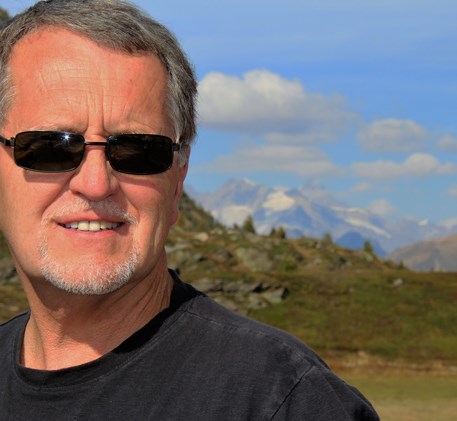An Islamic newspaper published a story in January warning ISIS terrorists are planning a “Doomsday” attack in the United Kingdom. The terrorists use an extreme vocabulary claiming the carnage and destruction will “turn children’s hair white.” Now as Brussels reels from attacks a week ago today and Pakistani families mourn the loss of loved ones from Sunday’s violence in Lahore, that threat perhaps looms larger in the minds of Britons from one end of the U.K. to the other.
It makes me think how movies and television reinforce such angst; producing cinematic fare that comes all too close to home. Perhaps it makes us more vigilant; and that in my opinion is a good thing. Or perhaps it adds to the climate of fear in an inordinate way that makes us tremble beyond what is necessary. That is neither here nor there. All I know is that such fictional depiction of terror mirrors a sad reality of an increasingly dangerous world that seems to be worsening.
Consider the 2016 Hollywood movie London Has Fallen and the 2013 British film, How I live Now. In London Has Fallen, terrorists launch multiple attacks; interestingly enough starting with the blowing up of a limousine carrying the Canadian prime minister. One scene from How I Live Now though in particular resonates with me, especially in light of the recent warning about a “Doomsday” attack. It does perhaps because I am a member of the generation who grew up in the 1950s and ‘60s when it seemed we were constantly under the threat of annihilation from “the bomb.”
In the movie, tensions run high across Europe and clearly something bad is about to happen. It does indeed as terrorists explode a nuclear device in London killings tens of thousands. The movie shows a group of young people in an idyllic British countryside suddenly distracted by a burst of light on the distant horizon. The air rumbles like thunder and a tree-bending wind rushes across the countryside. It blows so strongly that their campfire is extinguished. And then flakes of “radioactive” snow drift down from a darkened sky, and they know something terrible has happened.
As I write, British authorities acknowledge some kind of terrorist attack is likely, not perhaps like the almost apocalyptic one in How I Live Now, but something similar to what has happened elsewhere. In fact, the nation remains on a “severe” terror alert with security beefed up at U.K. airports, railway stations and at other potential targets. Most people therefore are looking over their shoulders for anything that might seem untoward, especially when caught up in large crowds or while travelling.
Certainly this is not the first time Britons have experienced such fears. In July 2005, more than 50 people died in bombings on London Transport, both in the tube and on buses. We were in London nine months after that tragedy and its memories were still fresh at that time. I remember travelling on double-decker buses in central London and I admittedly thought about the carnage of just a few months earlier, wondering how safe it was then to be travelling on public transport.
As more detail emerges about Belgium, increased security is in place wherever crowds gather, especially in the transport sector. It will though be a Herculean task to prevent such tragedies. Just as examples, more than 95 million people annually pass through Waterloo rail station in London. Another 75 million at Victoria station, 56 million at Liverpool Street station – and 25 million in Birmingham. Altogether there are more than 2,500 UK railways stations all crowded with travelers.
And airports too handle huge amounts of traffic. Some 75 million pass through Heathrow and another 40 million at Gatwick. The people numbers are staggering while admittedly the solution to protecting people from terror is beyond mind boggling.
In our lifetime, we have travelled throughout North America and from Europe to Asia. In 1995, I passed through the Shinjuku railway station in Tokyo not long after the cult Aum Shinrikyo attacked the rail system with sarin gas. And Sandra passed through Bali, Indonesia not long after terrorist bombers killed more than 200 people – devastating the local tourism industry and leaving many locals unemployed. In another month or so, we will pass yet again through Heathrow. And while we have always been vigilant, we will now be even more so in this disturbing climate of fear.
We too will be looking over our shoulders.
Dan McSweeney, a Halifax native, first worked as a reporter at the old Halifax Herald, then got a taste of public relations work at Canadian National Railway in Moncton, before coming to Thompson in 1980 to work for Inco. He retired back home to Bridgewater on Nova Scotia’s south shore in June 2007 after 27½ years with Inco here. He blogs at mcsweeneysdiversion.wordpress.com.




